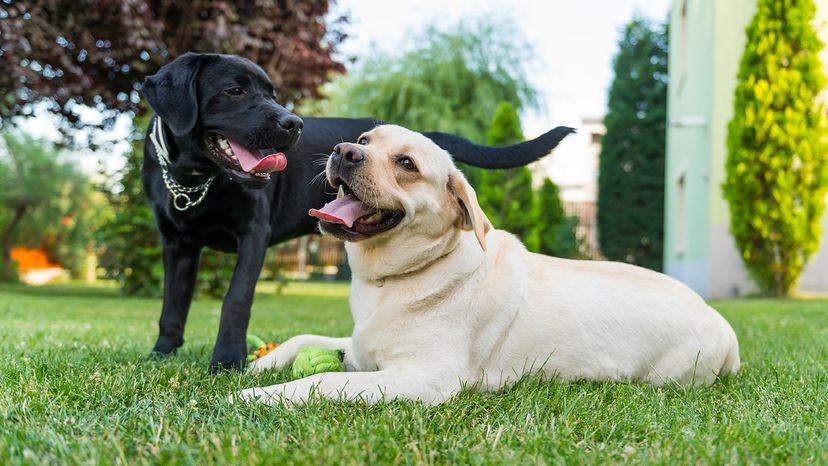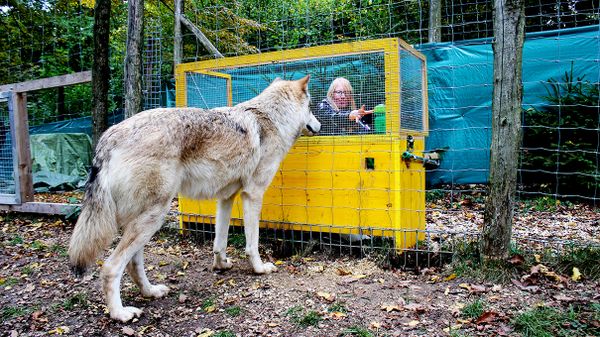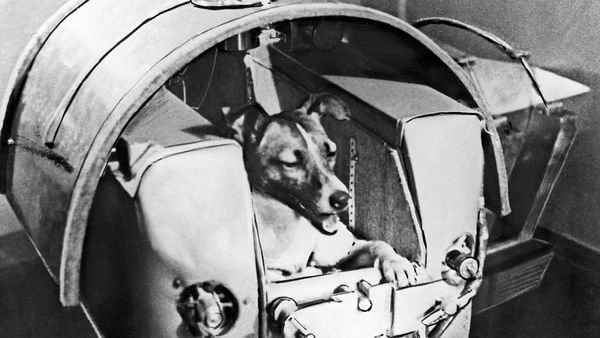
Man's best friend was also the first animal to be domesticated. On that point, archaeologists overwhelmingly agree. Yet the origin of dogs (as we know them today) has always been a controversial area of research. From wild wolves, early humans bred a new type of canine that was designed to suit their own needs. This might have happened as recently as 15,000 years ago or as far back as 32,000 years ago.
And it likely occurred more than once. Laurent Frantz at Queen Mary University of London, Durham University's Angela Perri in the U.K., and Greger Larson at the University of Oxford were among the archaeologists who co-authored a groundbreaking study that the journal Science published in 2016. Their team compared the DNA of 59 ancient dog specimens with genome information from more than 2,500 modern pooches. Noticing a deep genetic split between select breeds, the scientists concluded that two separate wolf populations in east Asia and central Eurasia independently gave rise to domestic dogs. If this is correct, modern dogs have a two-pronged origin story.
Advertisement
In a paper published by the journal Science on July 5, 2018 Frantz, Larson, Perri and many of their colleagues next tackled the mysteries of American dog breeds. According to the researchers' findings, these New World American dogs are genetically newer than you might suppose.


